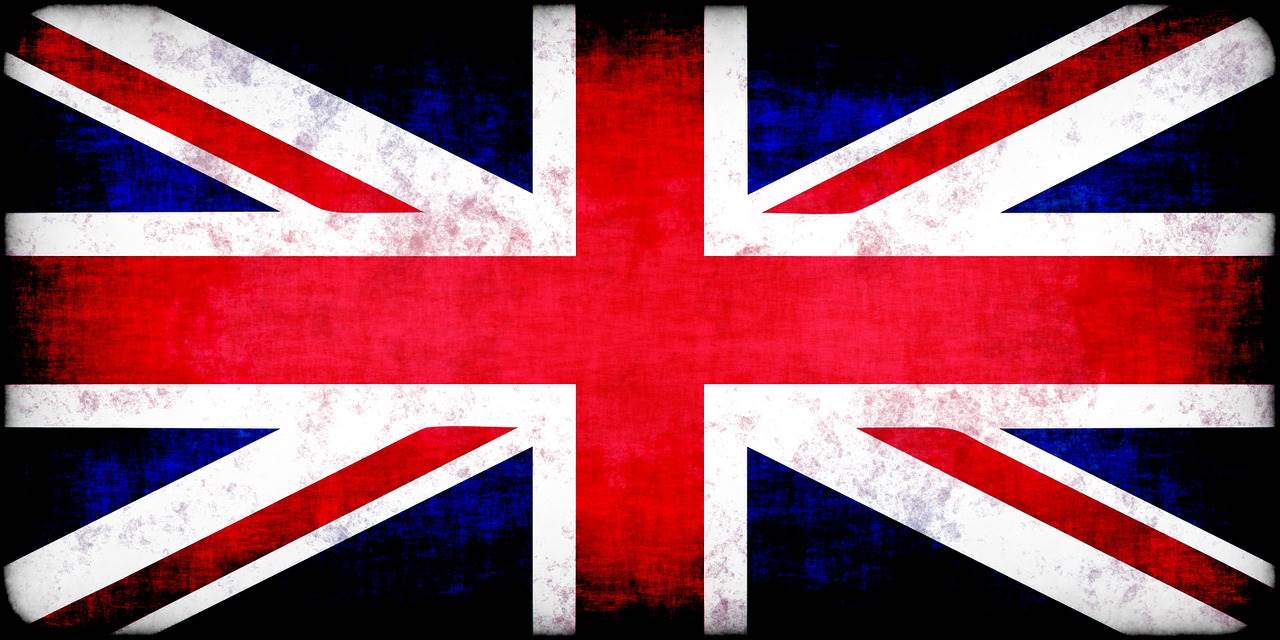 The Irish Prime Minister Leo Varadkar said that a no-deal Brexit seems "more likely".
The Irish Prime Minister Leo Varadkar said that a no-deal Brexit seems "more likely".
"In terms of no deal, you know, as time goes on, yes no-deal becomes more likely and that's why we've been preparing for it even since before the referendum took place,” told the Taoiseach to Journalists.
The British Prime Minister Boris Johnson is unwilling to accept May’s deal as its stance on the Irish Backstop doesn’t comply with the aims of his political party. This deal, which was rejected thrice by the British House of Commons, doesn’t ensure that the Irish border will remain open after the United Kingdom leaves the European Union, hence Boris Johnson’s attempt to reach a new deal with the EU.
However, since the European Union is not willing to change the Backstop clause the negotiations are currently stalled, increasing the chances of a no-deal Exit significantly, especially because Johnson promised to deliver the Brexit on October 31, pleasing the most radical sector of the governing coalition (the DUP, which gives his government a workable majority) and going against the establishment of his party.
“This goes on and on and on for many many years,” said Varadkar, “This doesn't end, this is a permanent new status, a permanent change in the relationship between the EU and Ireland on the one hand, and the U.K. on the other. We're going to have to work through it,” he added.
Regarding a potential referendum on Northern Ireland leaving the United Kingdom, the taoiseach commented that such an option would be “divisive" and that it would be rejected by the Irish people.
“We believe that there is a high probability that it would be defeated and it would be divisive, I think, here in Northern Ireland,” he said, "I think it would result in some of the mistakes made 100 years ago, when partition happened, being repeated but just the other way around - a huge number of people, those from a unionist, British, Ulster background, being brought into a united Ireland against their will," he added.
The United Kingdom is set to leave the European Union on October 31, however, is still not clear if Johnson will succeed on making the EU concede on the Backstop issue.
